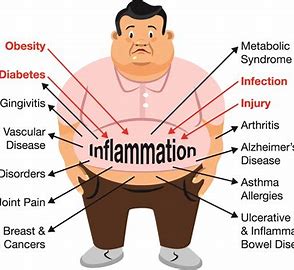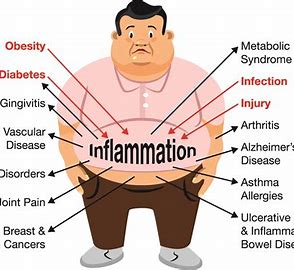Chronic diseases have emerged as a formidable challenge to public health worldwide, silently claiming lives at an alarming rate. According to the World Health Organization (WHO), these diseases now account for a staggering 74% of all deaths globally. This statistic paints a stark picture of the magnitude of the issue and underscores the urgent need for comprehensive strategies to address it.
Unlike infectious diseases, which often garner immediate attention due to their rapid transmission and acute symptoms, chronic diseases progress slowly over time, often manifesting in subtle ways before reaching critical stages. This insidious nature can make them easy to overlook, but the consequences are profound.
Heart disease, stroke, cancer, diabetes, and chronic respiratory diseases are among the leading chronic conditions responsible for this significant burden of mortality. These illnesses not only rob individuals of their quality of life but also place immense strain on healthcare systems and economies worldwide.
The rise in chronic diseases can be attributed to various interconnected factors, including aging populations, sedentary lifestyles, unhealthy dietary habits, tobacco use, excessive alcohol consumption, and environmental factors. While some of these risk factors are modifiable through lifestyle changes and preventive measures, others require broader systemic interventions.
Moreover, the impact of chronic diseases extends beyond just mortality rates. They also contribute to increased disability, reduced productivity, and diminished economic growth. Addressing this multifaceted challenge demands a holistic approach that encompasses preventive measures, early detection, access to quality healthcare services, and robust public health policies.
Efforts to combat chronic diseases must prioritize health promotion and disease prevention at both individual and population levels. This includes promoting healthy behaviors such as regular physical activity, balanced nutrition, smoking cessation, and limiting alcohol intake. Additionally, enhancing access to affordable and equitable healthcare services is crucial for early detection and effective management of chronic conditions.

Furthermore, there is a pressing need for governments, healthcare organizations, policymakers, and civil society to collaborate in developing and implementing evidence-based strategies to tackle the root causes of chronic diseases. This involves creating supportive environments that make healthy choices the easier choices, implementing policies that regulate the marketing and availability of unhealthy products, and investing in research and innovation to develop new treatments and interventions.
In conclusion, chronic diseases represent a silent epidemic that is exacting a heavy toll on global health and well-being. With their disproportionate contribution to mortality rates worldwide, addressing these diseases must be a top priority for the global health community. By adopting a comprehensive and coordinated approach that addresses the underlying determinants of chronic illnesses, we can strive towards a healthier and more sustainable future for all.



